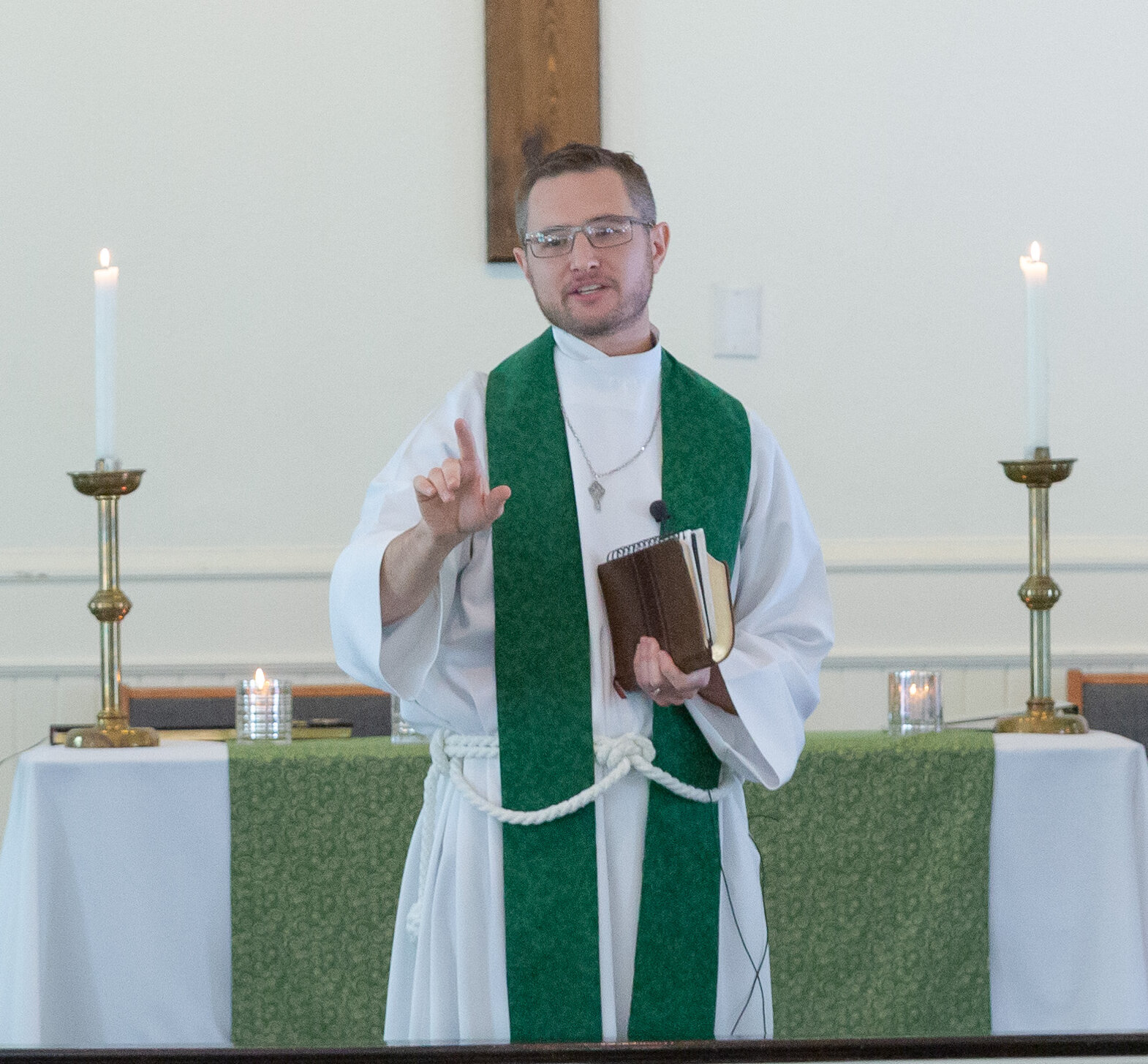Commissioned to Serve
Semi Hastain’s life has been defined by the unexpected. Born in Los Angeles, she was primarily raised by her grandmother. By the second semester of her senior year in high school, tenacity and discipline delivered an early acceptance letter from the University of Arizona. Hastain is driven.
Captain Semi Hastain
2015 Saratoga Fellow
Even with accelerated course work and college scholarship offers, she enlisted in the Army—a move that surprised friends, and to some degree herself. Even with her mom’s four years of military service, her family was not at all defined by military culture. Her step-father predicted early failure, saying she would not make it past basic training.
Though Semi’s mother and step-father did not support her endeavors, positive influence would soon be part of her life. Family circumstance dictated the necessity to move under the roof of a foundational family who Hastain would later call “Mima and Daddy O”; a powerhouse couple that would instill religious principles and help develop her into a leader. Seventeen years after her commissioning as an officer, the newly minted Captain Hastain laughs, “Yeah, I think I showed my step-father.”
During those formative years, she watched her mother struggle to raise children while balancing three jobs. The military path, however surprising, was calculated to avoid the predictable shackles of college debt and dead-end jobs. Semi Hastain wanted a different life.
Hastain joined the Army upon graduating and accepted the scholarship to the University of Arizona’s ROTC program. She would graduate in 2015 and become a commissioned officer—an achievement that would only be the first of many personal and professional achievements.
The commission came with another opportunity few might have written into the Hastain story—acceptance in the John Jay Institute’s Saratoga Fellowship—an opportunity she said she had always been missing.
“I’ve always felt like I had a lot of control in what’s going on, but when it came to my spiritual side—as I got older in the military— it fell by the wayside.” She wanted to be a different kind of leader, one propelled by Christian conviction and principles. John Jay, she believed, would allow her to develop into that kind of leader.
While Hastain describes feeling somewhat intimidated by the program and the academic pedigrees of the other fellows, she never felt unwelcomed. She now sees the relaxed time in between voluminous readings and writing as formational in her spiritual journey. Christian community is where she learned the most. On John Jay’s front porch, she didn’t worry about being judged when asking questions or attempting to see from a new perspective. She was truly at home.
Hastain’s understanding of principled Christian leadership is one who is approachable, selfless, humble, personable, and carries themselves well. In her words, they must be good followers, interacting with equality and mutual respect. It’s the model she sees in the life of Jesus Christ and the one she hopes to emulate during and beyond her military service. “At the end of the day, I’m going to be out of this uniform,” she says. Adding, “I want to be able to use the tools I have learned for my personal life and my professional life.”
Hastain and her husband live in North Carolina with their two children. Being a dual military parent is not an easy task, she acknowledges. Balancing deployments with parental responsibilities amid an international pandemic has tested and refined her. It’s precisely the kind of trial she knows will bear much fruit.
Support the John Jay Institute
Back to the Leading Together Homepage
Read the Life Together series | Read the Learning Together Series





